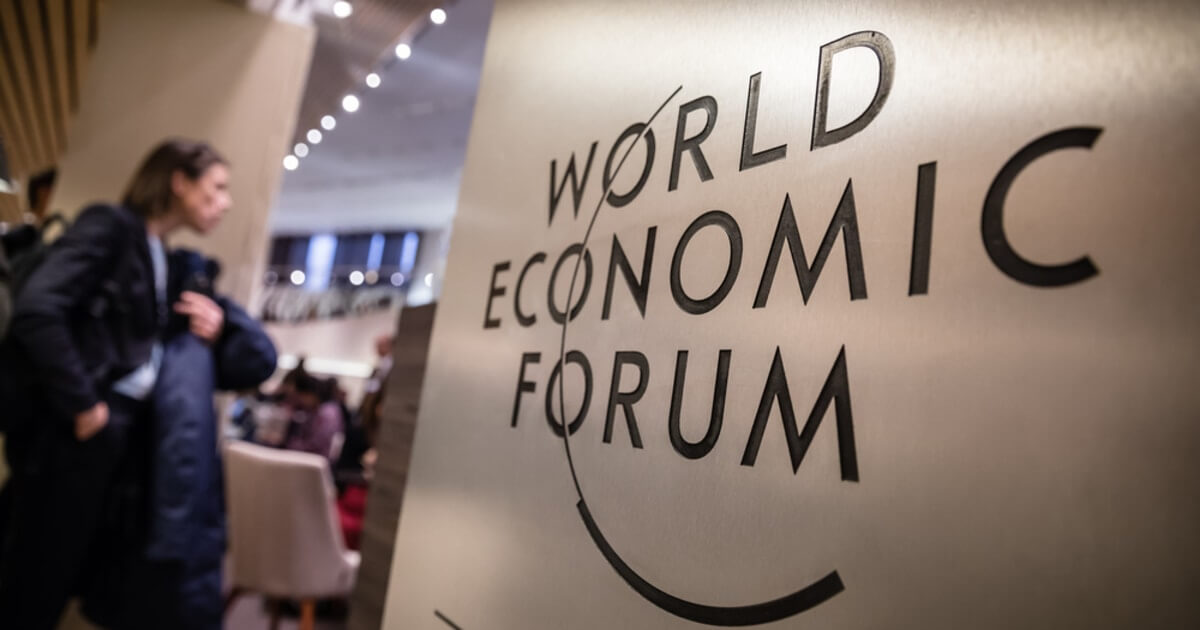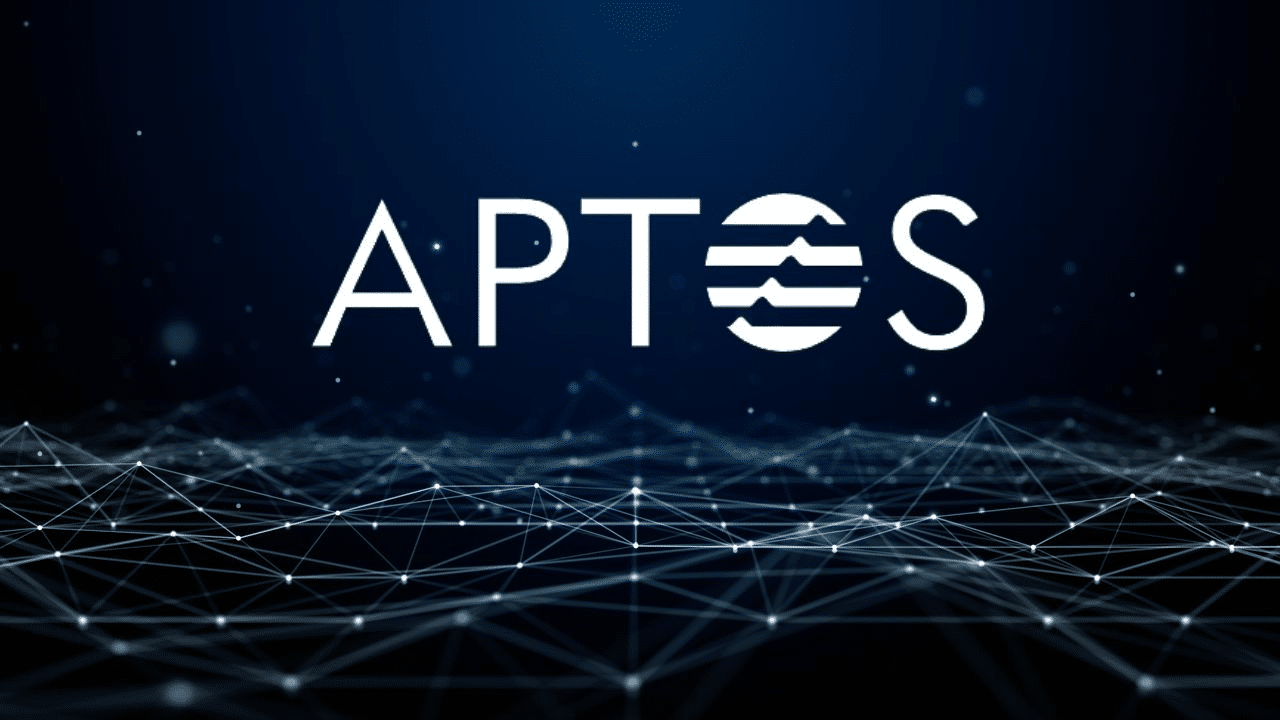Sam Altman defends AI’s energy revolution at Davos

At the recent World Economic Forum held in Davos, Switzerland, considerable attention was focused on the future of artificial intelligence (AI), especially energy consumption. OpenAI CEO Sam Altman emphasized the urgent need for energy innovation to sustain the development and operation of advanced AI models, including: ChatGPT and Claude from Anthropic. Altman’s call to action reflects the tech industry’s growing concern about the environmental impact of AI technology.
Energy intensity of AI
The power requirements of AI, especially large language models (LLMs), are enormous. Altman pointed out that current methods for developing these AI models involve using tens of thousands of graphics processing units (GPUs), resulting in prohibitively high power requirements both during and after training. The energy consumption of the AI model soon became equivalent to the electricity consumption of the entire country.
fusion solution
In response to these challenges, Altman advocates investment in nuclear fusion as a potential solution. Nuclear fusion energy, which involves fusing atoms to release energy, is considered a zero-carbon solution that can scale power grids to meet the needs of AI technology. Altman has already made significant investments in this space, donating $375 million to fusion startup Helion Energy in 2021. Helion has since signed a deal to provide energy to Microsoft, which is not only OpenAI’s largest financial backer but also provides computing resources for AI. Development.
global perspective
At a Bloomberg event held in conjunction with the WEF meeting, Altman emphasized the need for more climate-friendly energy sources, including cheaper solar power and storage, along with nuclear fusion. He also expressed his hope that the world would embrace nuclear fission as an energy source. This position highlights the importance of exploring different ways to address the energy requirements of future AI models.
Urgency of Action
The need for energy innovation is not just about enabling next-generation AI technologies. It also addresses the impact of these developments on the environment. The carbon footprint of the AI industry is becoming increasingly clear, raising concerns about the sustainability of current practices. As AI becomes more integrated into various sectors, energy consumption will increase rapidly, requiring immediate action and innovation in energy production and storage.
conclusion
Sam Altman’s remarks at Davos highlight the important intersection of AI development and environmental sustainability. As AI technology advances, the industry must simultaneously address increasing energy demands and environmental impacts. Pursuing solutions like fusion energy not only promises to sustain the growth of AI, but also contributes to the broader goal of achieving a more sustainable and environmentally friendly future.
Image source: Shutterstock



